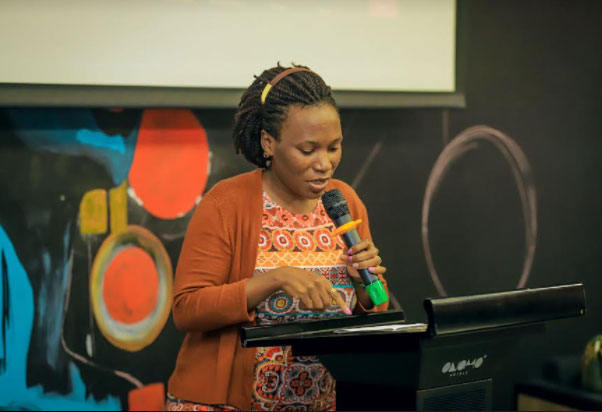
Kampala, Uganda | JULIUS BUSINGE | Tax experts are calling on countries to cooperate at the international level to be able to raise taxes and meet the growing expenditure needs.
Dr. Farzana Sharmin from the United Nations Economic Commission for Africa has emphasized the need to push for inclusivity in the tax system to achieve a just tax system for all.
Sharmin has also highlighted the need to develop knowledge, research, and capacity to deal with emerging global tax issues using experts in governments, the private sector, development partners, and civil society.
She was speaking via a recent Zoom engagement organized by the Southern and Eastern Africa Trade Information and Negotiations Institute (SEATINI) – Uganda together with the Tax Justice Network Africa to unpack the significance of the UN vote for advancing the UN Framework Convention on International Tax Cooperation and its potential implication on international tax governance.
Experts say the global tax landscape is rapidly evolving, and the recent UN General Assembly’s approval of resolution 77/244 of 30 December 2022 dubbed “Promotion of Inclusive and Effective International Tax Cooperation” marks a pivotal moment in reshaping international tax governance.
The resolution, championed by the Africa Group emphasizes the need for inclusivity in international tax cooperation and highlights the disparity in representation and decision-making within existing frameworks, particularly affecting developing countries and those in special situations.
The adopted resolution is a key milestone for the advocacy of the global south countries that had long decried international tax policies that have failed to address inherent challenges in international tax governance given the “disequilibrium” of the international financial architecture.
Regina Navuga, Programme Coordinator, Financing for Development at SEATINI said, it is essential to ensure that the Convention remains relevant and effective in promoting equity in the ever-evolving realm of international tax cooperation.
She added: “This will also require regional coordination and cooperation. It is better for regional blocs, in this case, the East African Community region, to discuss and come up with a regional position, which can then inform the African position to attain the commitment to strengthening tax systems and fostering tax equity.”
Jolly Mutesi Uhiriwe, a tax lawyer from the Uganda Revenue Authority said, the UN resolution would strengthen countries’ participation in the international tax system. She added that the evolving business environment where businesses are now operating without physical offices requires countries to exchange information to be able to raise the required taxes and meet the expenditure needs in their respective budgets.
Trevor Lukanga, a senior manager in the International Tax Practice of PwC Uganda said, inclusivity and fairness are key components that players must observe as the international tax system evolves. “The private sector must work closely with the government as international law amendments are being pushed.
Fred Muhumuza, a senior economist said the emergency of online businesses means that tax authorities have to work closely with the private sector, and the experts to design strategies for bringing online business players into the tax bracket.
“The business environment is changing and so we want to be thinking as technology changes,” he emphasized, “The challenges are going to be many but we will have to learn these global shifts and fit in.”
Muhumuza said, that as countries like Uganda move to raise more taxes from the global system, “we have to challenge ourselves on whether we are taxing whoever has to be taxed.”
 The Independent Uganda: You get the Truth we Pay the Price
The Independent Uganda: You get the Truth we Pay the Price



